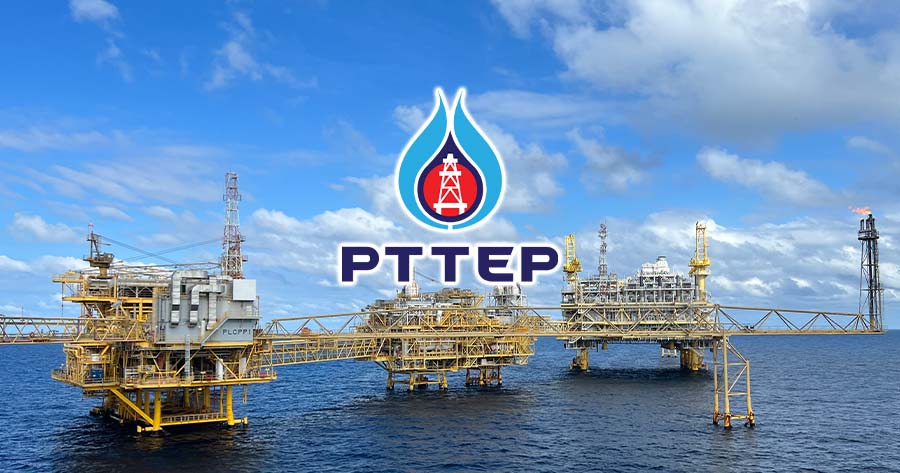Thailand’s oil and gas exploration unit, PTT Exploration and Production Public Company Limited (SET: PTTEP), is expected to be one of the beneficiaries from the negotiation with Cambodia in a joint exploration in the oil and gas field worth $300 billion.
Thailand’s coalition government, led by the Pheu Thai party, will resume negotiations with the Cambodian government to explore offshore oil and gas fields that may contain over $300 billion worth of reserves.
The two countries have been disputing over this field since the 70s.
Thailand’s new Prime Minister Paetongtarn Shinawatra, leader of the Pheu Thai party, puts this joint exploration as one of the priorities as her administration is seeking to lift the living cost of Thais that suffer from high electricity prices and fuel import bills, while also boosting diminishing energy reserves.
Earlier this year, the Cambodian government agreed to examine the proper way to handle the 26,000 square kilometer block that is estimated to contain roughly 10 trillion cubic feet of natural gas and 300 million barrels of crude oil. The procedure will not be smooth sailing, as Thailand and Cambodia have a history of territorial disputes and diplomatic squabble.
There was little to no progress on the negotiation over this oil and gas field since 2001 when both governments at that time agreed to initiate the discussion of territorial claims only when a joint resource development was being raised in the discussion as well.
However some in Thailand are hopeful of a breakthrough in negotiation as the pressure from the country’s deteriorating fuel reserve starts to mount up, and the transition toward renewable energy makes fossil fuel less relevant.
In September, Finance Minister Pichai Chunhavajira said to the parliament that there is no need to resolve any territorial dispute, only the right to access and utilize the resources, as the country’s main goal is to maintain its energy security and cut down household costs.
Cambodian government spokesperson Pen Bonna said that the government would be more than happy to renew the negotiation if Thailand’s new government were ready.
Natural gas accounted for 60% of Thailand’s energy demand, with half of that being domestic supplied. The country’s gas reserve is estimated to exhaust in the next 5-10 years with the current consumption rate.
Thailand’s energy production capacity may be stretched even thinner as the country is trying to attract data centers, which is known to be a very energy-demanding business.
Kurujit Nakornthap, executive director of the independent Petroleum and Energy Institute of Thailand, said that the yet-to-be-explored reserve will extend Thailand’s domestic gas reserve to around 20 years, or else the country will have to import more LNG to meet its energy demand.
Thailand and Cambodia both have a floated revenue-sharing model in the Overlapping Claim Area. According to Pichai Naripthaphan, the former energy minister, the area contains nearly $300 billion (THB10 trillion) worth of resources. If the negotiation is successful, the companies that won the concession back in 1970 but could not explore the disputed area like Chevron Corp, Shell PCL, and PTT Exploration & Production PCL would greatly benefit from this. On the Cambodian side, ConocoPhillips and TotalEnergies SE won the concession right, according to local media.




